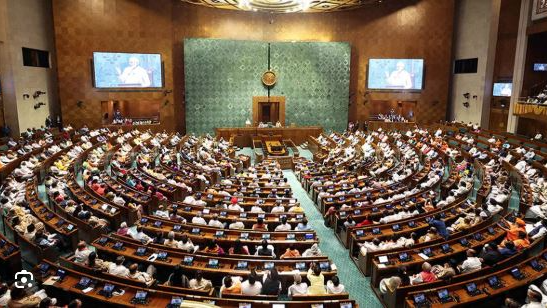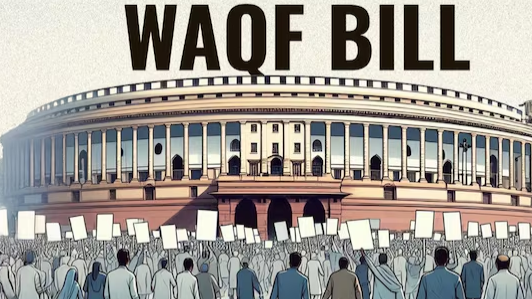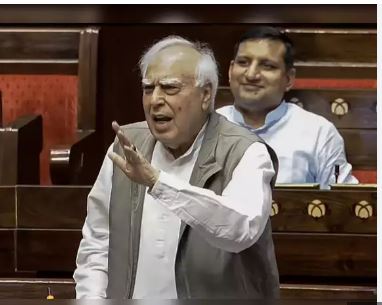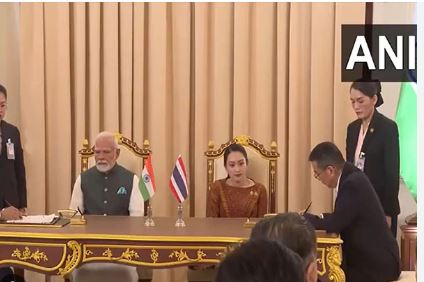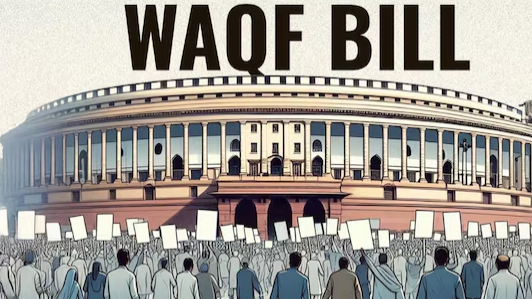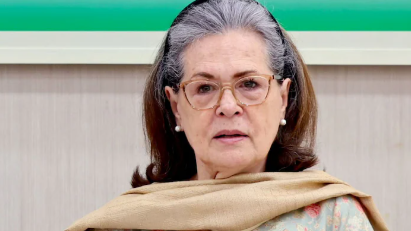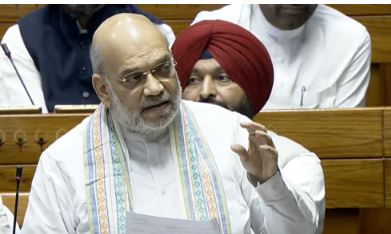Patna, April 3: Mohammed Kasim Ansari has resigned from the primary membership of the Janata Dal (United) after the party endorsed the passage of the Waqf (Amendment) Bill, 2025, in the Lok Sabha. In his resignation letter addressed to Bihar Chief Minister and JD(U) President Nitish Kumar, Ansari expressed his disappointment, stating that the party’s position on the Waqf Bill had "deeply hurt" millions of Muslims in India.
With respect, Ansari conveyed that millions of Indian Muslims, including himself, had long held unwavering faith in Nitish Kumar as a true champion of secularism. However, that faith, according to Ansari, has now been shattered. He criticized JD(U)’s stance on the Waqf (Amendment) Act 2024, calling it an affront to the Muslim community. “The position taken by JD(U) on the Waqf Amendment Bill has deeply hurt millions of devoted Indian Muslims and party workers like me,” he wrote.
Ansari also took issue with JD(U) leader Lalan Singh’s remarks in the Lok Sabha in support of the bill. “We are deeply pained by the way Lalan Singh delivered his speech while endorsing this bill. The Waqf Bill is harmful to Indian Muslims, and we cannot accept it under any circumstances. The bill infringes upon several fundamental rights guaranteed by the Constitution, and through it, Indian Muslims are being humiliated and disrespected. Furthermore, the bill is also detrimental to Pasmanda Muslims, something neither you nor your party seem to understand,” Ansari added in his letter.
Reflecting on his years of service to the party, Ansari expressed regret for his commitment, ultimately deciding to resign. "I deeply regret the years I dedicated to this party. Therefore, I am resigning voluntarily from the primary membership and all other responsibilities," Ansari concluded.
Earlier on Wednesday, in the Lok Sabha, JD(U) leader and Union Minister Rajiv Ranjan (Lalan) Singh defended the Waqf Amendment Bill, asserting that the legislation was designed to promote transparency and ensure the welfare of all Muslim communities. Singh criticized the narrative being constructed by the opposition, which labeled the bill as "anti-Muslim," and emphasized that the bill was not directed against the Muslim community.
Singh described Waqf as a type of trust created for the benefit of Muslims, rather than a religious institution. He argued that while the trust had the right to ensure fairness for all Muslims, it had not been functioning effectively. He also condemned the opposition for fostering a false narrative for political purposes. Singh further clarified that the bill would improve the management of Waqf properties and ensure their income was directed towards the welfare of the Muslim community.










